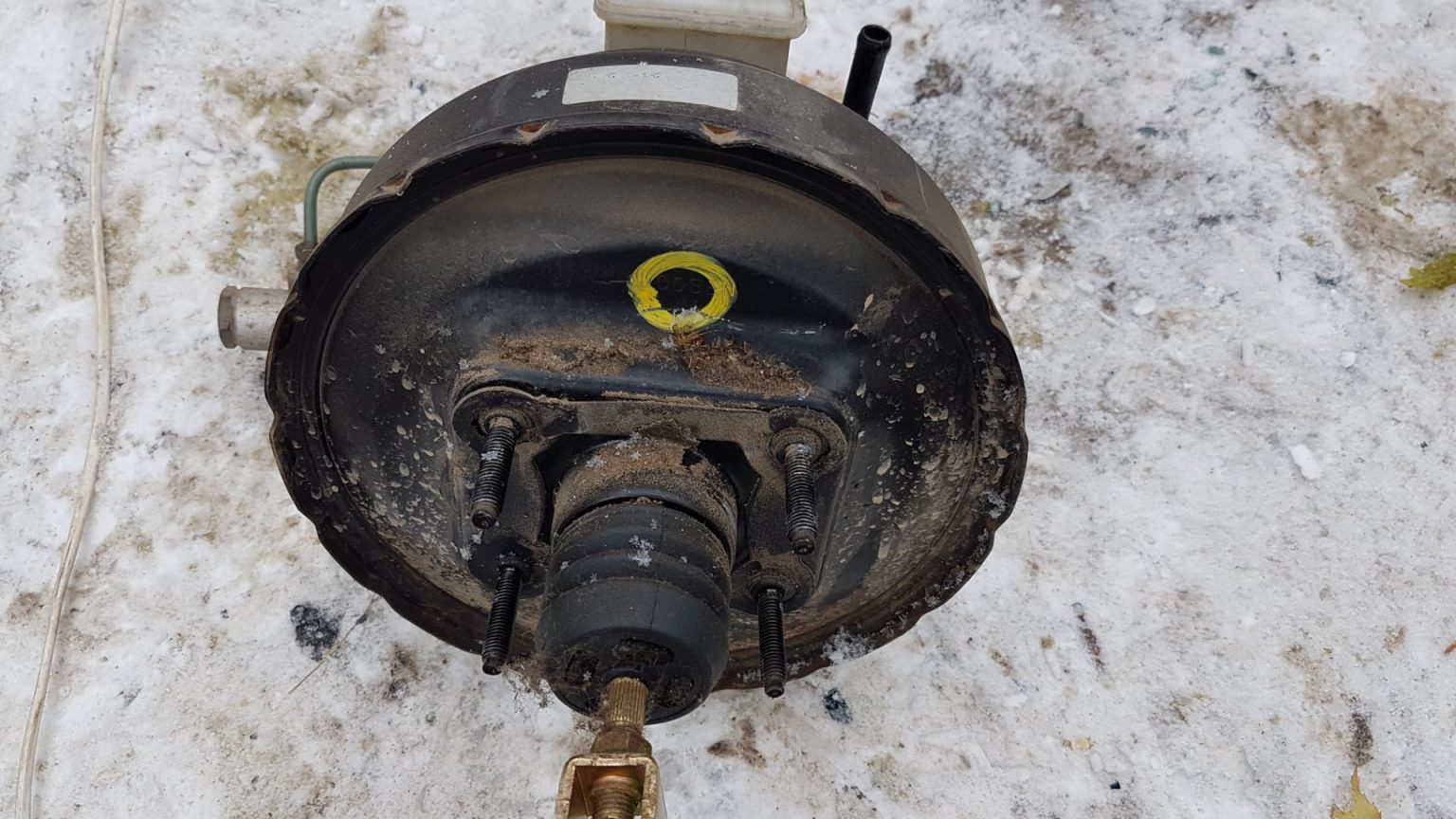When it comes to the intricate world of automotive maintenance, few components are as crucial as the brake system. It’s not merely about hitting the pedal and slowing down; it embodies a complex interplay of several systems working in harmony to ensure your safety on the road. Among these parts, the brake booster plays a pivotal role. But how do you know if your brake booster is on the fritz or, dare we say, completely kaput? This is the challenge that many drivers face—a perplexing dilemma that could lead to hazardous situations if ignored.
So, buckle up as we delve into the nuances of brake boosters. Have you ever pressed your brake pedal and felt something was just… off? Maybe it was too hard to press, or perhaps your vehicle took longer to stop than you expected. These could be subtle clues indicating that your brake booster is misbehaving. Let’s ignore the stereotypical signs of brake problems for now and focus on the unique manifestations of a faulty brake booster.
Understanding the Brake Booster
The brake booster, often referred to as the vacuum brake booster, enhances the force exerted on the brake pedal. This device utilizes vacuum pressure from the engine to amplify the driver’s input, making it easier to slow down or stop the vehicle. The end result? A seamless braking experience that we often take for granted. However, when this mechanism starts to fail, drivers may find themselves facing a series of alarming symptoms.
Signs of a Failing Brake Booster
Now that we’ve laid the groundwork, let’s meticulously explore the symptoms associated with a deteriorating brake booster:
- Unusually Stiff Brake Pedal: If you find yourself putting your full weight into the brake pedal just to bring your vehicle to a halt, consider this your first red flag. A stiff brake pedal is often one of the most unmistakable signs that your brake booster isn’t functioning optimally.
- Increased Stopping Distance: Do you feel like you’re taking an eternity to come to a complete stop? A defective brake booster can lead to a significant increase in stopping distance. This delay can be particularly alarming, especially in emergency situations where every millisecond counts.
- Hissing Sounds: A distinct hissing noise when you press the brake pedal can be a telltale sign of a vacuum leak related to the brake booster. This sound often signifies that air is escaping from the booster, compromising its efficacy.
- Warning Lights: Dashboard indicators are vital for keeping track of your vehicle’s health. If the brake warning light illuminates, paired with any of the aforementioned symptoms, it’s time to suspect the brake booster might be the culprit.
How to Test Your Brake Booster
So, how can you confirm your suspicions about the brake booster? Conducting a simple brake booster test at home can provide clarity:
- Initial Check: With your engine off, pump the brake pedal several times to deplete any stored vacuum. Then, press the pedal down and hold it. Start your engine while keeping the pedal depressed. If the pedal sinks slightly, you’ve likely got a good brake booster.
- Listen Carefully: While having a friend assist you, listen for that notorious hissing sound when engaging the brake pedal.
If any of the tests yield unfavorable results, seeking professional advice becomes paramount. Ignoring these potential issues could lead to more severe complications, impacting your overall driving experience.
Common Causes of Brake Booster Failure
Understanding the underlying causes of brake booster failure can aid in both prevention and timely diagnosis. Here are a few notorious culprits:
- Age and Wear: Like any component of a vehicle, the brake booster has a finite lifespan. Prolonged exposure to heat, moisture, and wear can wear it down.
- Vacuum Leaks: As mentioned earlier, vacuum leaks can severely undermine the performance of the brake booster. Cracks in rubber hoses and connections can create vulnerabilities.
- Contaminated Fluid: Brake fluid that has absorbed moisture can corrode internal components, contributing to failures.
To thwart these problems, regular inspections and maintenance of the brake system, including the brake booster, should be a priority for all vehicle owners. Cleaning, replacing worn components, and ensuring proper fluid levels can stave off issues before they materialize.
Conclusion: The Importance of Vigilance
Modern vehicles are marvels of engineering, yet they require diligent care and attention from their owners. Your ability to recognize the nuances of your brake system—especially the brake booster—can make all the difference between a safe driving experience and a potential tragedy.
So next time you embark on a journey, ask yourself: how confident are you in your brake system? As you navigate through this auto-centric landscape, staying informed and proactive is your best defense against unforeseen challenges. After all, it’s not merely about getting from point A to point B; it’s about ensuring a smooth and safe ride every step of the way!
